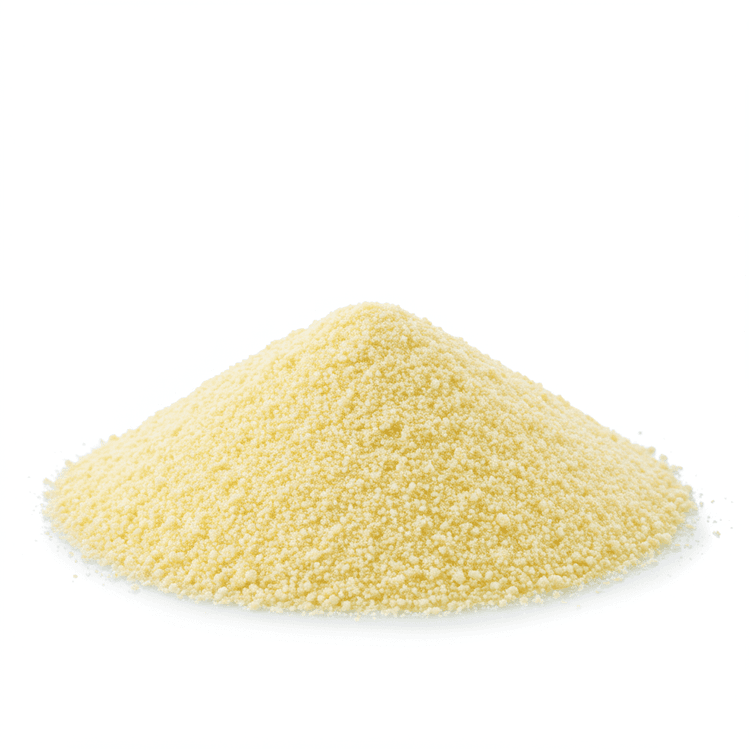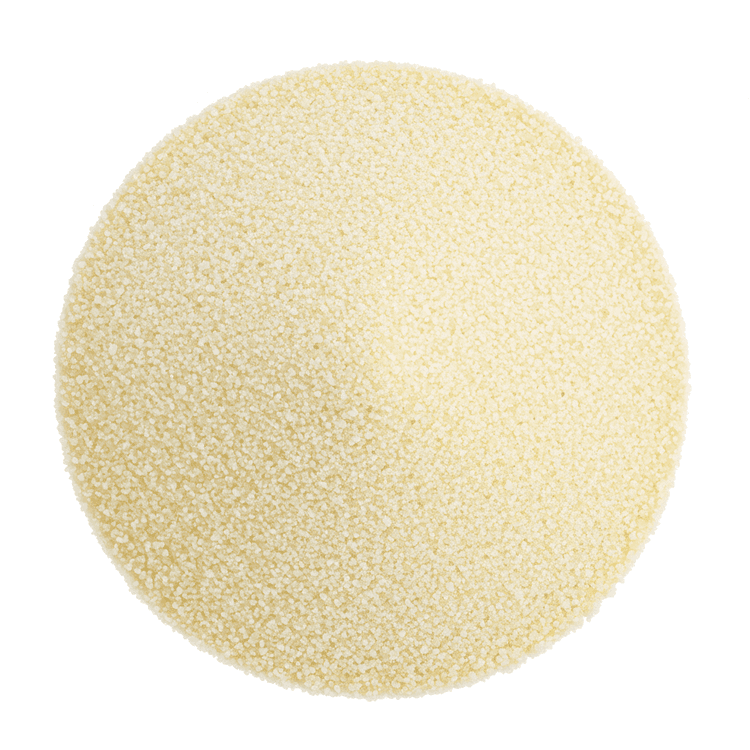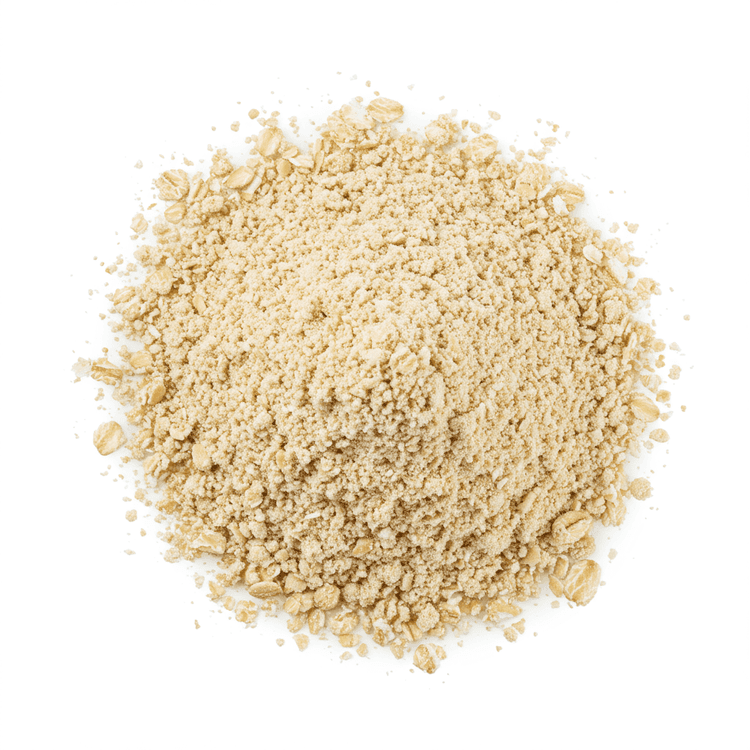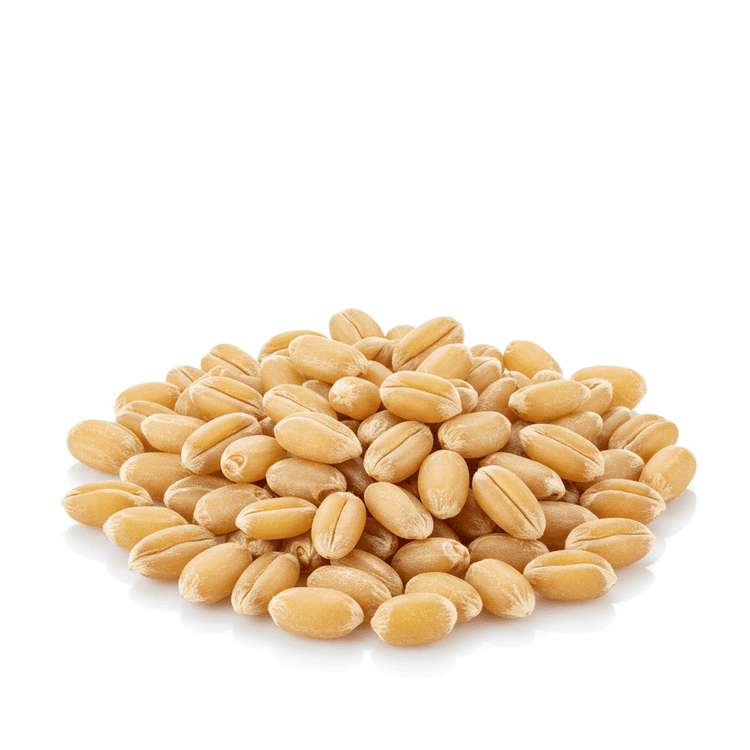
Suji
Suji, also known as semolina, is a coarse, purified wheat middlings of durum wheat primarily used in breakfast cereals, pasta, and couscous. It has a pale yellow color and a slightly nutty flavor. When cooked, suji has a pleasantly grainy texture that is perfect for both sweet and savory dishes. Use it to add a wholesome, slightly sweet, and satisfying element to your cooking. Many people look to use suji to bring texture and substance to baked goods and desserts as well as being used as the main ingredient in many Indian savory dishes.
Common Uses
- To make upma, a popular South Indian breakfast dish, suji is roasted and then cooked with vegetables and spices for a savory and filling meal.
- As a base for rava dosa, suji is mixed with rice flour and spices and then fermented to create a crispy and flavorful crepe.
- To prepare halwa, a sweet dessert, suji is roasted in ghee (clarified butter) and then simmered in milk or water with sugar and nuts until thickened.
- As a binder in cutlets and tikkis, suji adds texture and helps to hold the ingredients together during frying or baking.
- In cakes and cookies, incorporating suji provides a slightly coarser texture and a nutty taste, enhancing the overall flavor profile of baked goods.
- As a coating for fried foods, suji creates a crispy outer layer for items like vegetables, paneer, or fish, offering a delightful textural contrast.
Nutrition (per serving)
Nutrition (per serving)
Calories
360.0kcal (18%)
Protein
13.0g (26%)
Carbs
73.0g (26.55%)
Sugars
1.0g (2%)
Healthy Fat
0.6g
Unhealthy Fat
0.2g
% Daily Value based on a 2000 calorie diet
Nutrition (per serving)
Calories
360.0kcal (18%)
Protein
13.0g (26%)
Carbs
73.0g (26.55%)
Sugars
1.0g (2%)
Healthy Fat
0.6g
Unhealthy Fat
0.2g
% Daily Value based on a 2000 calorie diet
Health Benefits
- Excellent source of energy due to its high carbohydrate content, fueling daily activities.
- Rich in iron, which helps in red blood cell formation and prevents iron deficiency anemia.
- Contains B vitamins like thiamin and niacin, essential for nerve function and energy metabolism.
- Provides a good amount of fiber, aiding in digestion and promoting gut health.
- Low in fat, making it a healthier option for weight management compared to refined flours.
- May help regulate blood sugar levels due to its slow-digesting carbohydrates, beneficial for individuals with diabetes.
Chefadora AI is here.
Experience smarter, stress-free cooking.
Storage Tips
To maintain the freshness and quality of suji (semolina), store it in an airtight container in a cool, dry place, away from direct sunlight and moisture. Properly stored suji can last for several months. For extended storage, especially in humid climates, consider refrigerating or freezing it to prevent infestation and maintain its texture. Before using refrigerated or frozen suji, allow it to return to room temperature.
Marnirni-apinthi Building, Lot Fourteen,
North Terrace, Adelaide, South Australia, 5000
Australia





